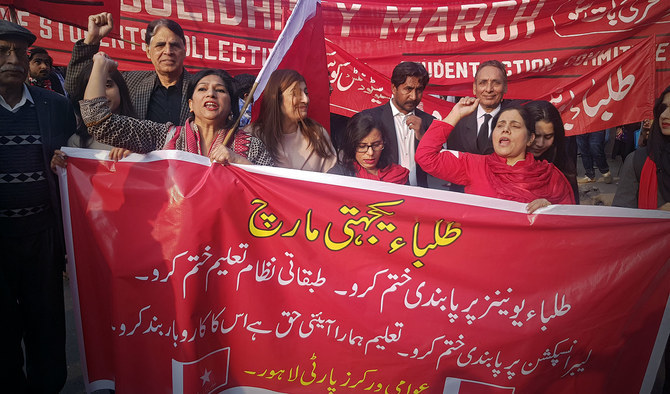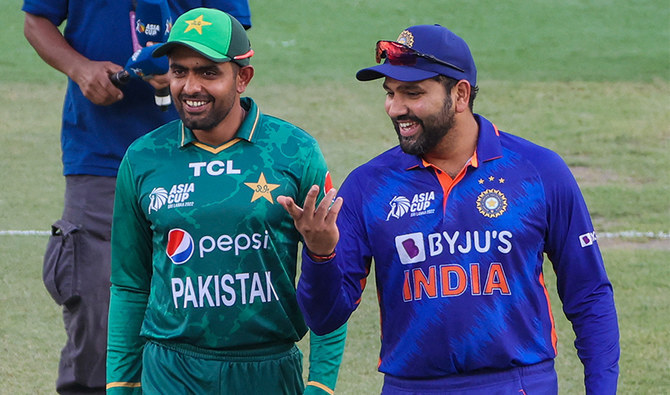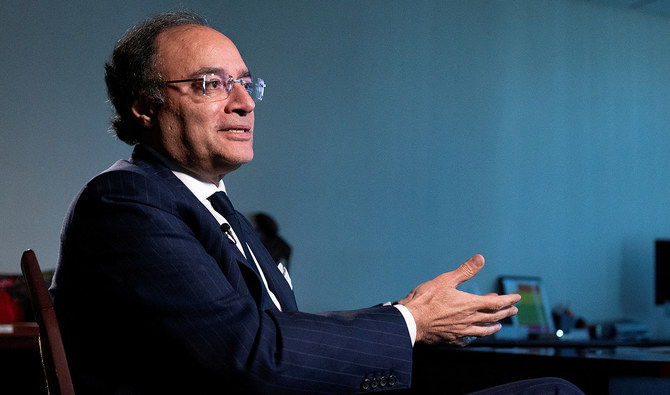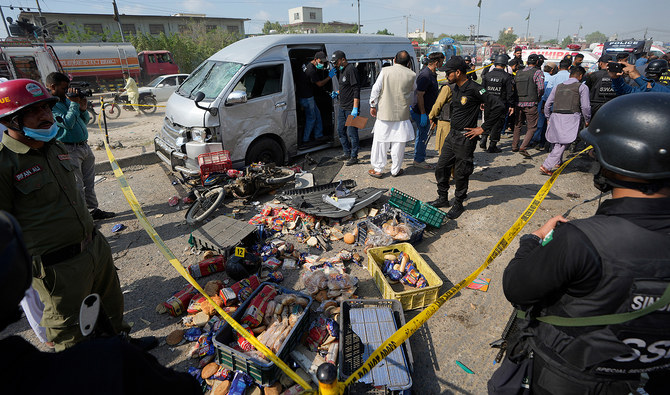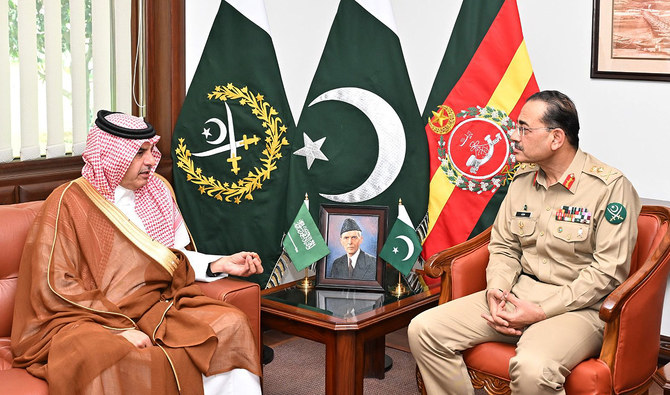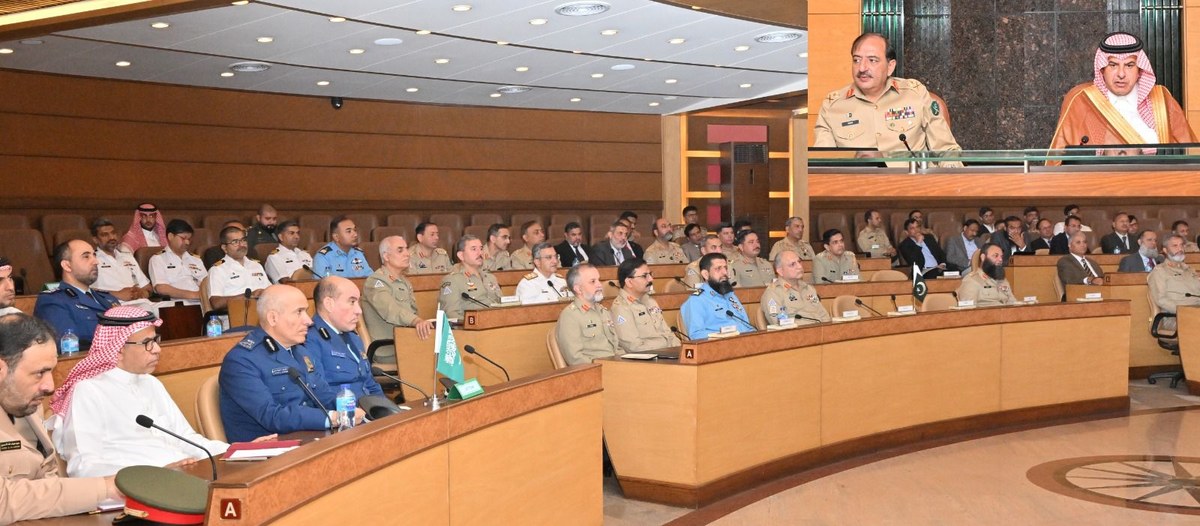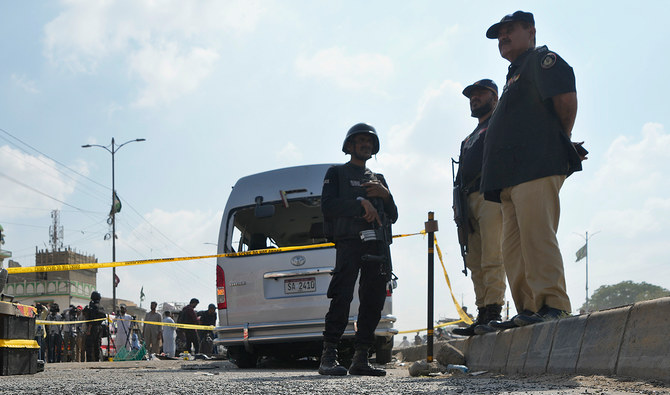KARACHI: The government in Pakistan’s southern province of Sindh lifted a 35-year-old ban on student unions on Monday by approving a bill for the restoration of the same which representatives termed as a huge victory.
Murtaza Wahab, Sindh government’s spokesperson, said that the bill will be presented before the provincial assembly during the ongoing session.
“Sindh cabinet has approved the draft bill for restoration and regulation of student unions in the province. Bill will be laid before the Sindh Assembly in the ongoing session,” Wahab tweeted on Monday.
“The cabinet has made some changes to the draft. When it will go to the assembly there will be more changes. The standing committee will also consult different stakeholders before giving it a final shape,” Information Minister Saeed Ghani told Arab News, adding that the bill has been drafted keeping in mind the guidelines provided by the Supreme Court’s in 1993.
“The union can be a seven to 11 member body. Both government and private educational institutions will be bound to hold elections of the unions,” Ghani said.
The student unions were banned by military dictator Gen Zia-ul-Haq on February 9, 1984 and briefly revived by former Prime Minister Benazir Bhutto in 1989 but blocked once again by the Supreme Court in 1993 before any elections could be held.
In 2008, former Prime Minister Yousuf Raza Gilani had given his approval for the elections but none could be held throughout his tenure.
Student representatives welcomed the development on Monday.
Ammar Rashid, who was at the forefront of the Students Solidarity March, said due credit goes to the marchers.
“This is a huge victory for Pakistan and its people,” Rashid told Arab News.
Ashir Saleem, leader of Islami Jamiat Talaba, said that his organization welcomed the development.
“The Sindh government has taken a highly-needed step, which should have been taken since long,” Saleem told Arab News, adding that his organization had been protesting every year on February 9 since the ban was initiated in 1984.
A former union president, however, added a caveat.
“I doubt the intentions of the government. When you take a really good step but without preparations, you want to fail it,” Professor Shakeel Farooqi, president of the last student union in Karachi University in 1984, told Arab News.
“I have serious reservations.”
Farooqi said when universities were established in Pakistan it was ensured that these institutions must be based on the principle of democracy.
“There were not only student unions, student councils and departmental student societies but the dean of faculty would also be elected,” Farooqi, who has also served as President of the Karachi University Teachers’ Society (KUTS), said, adding that thee first dent in the university’s democratic culture was made by former Prime Minister Zulfiqar Ali Bhutto who put an end to the elections of the Dean’s office and the final blow came from General Zia-ul-Haq banned the unions in 1984.
“The political parties, whether the left’s Pakistan People’s Party (PPP) or the right’s Jamaat-e-Islami, didn’t support us although the students struggled for their right irrespective of their backgrounds. Both the leftists and rightists jointly struggled,” Farooqi said, adding that the ban has affected nine generations in the past 35 years.
“There is a dearth of leadership today and the intolerant behavior we see in parliament and on TV talk shows is the reflection of the loss due to ban on student unions,” Farooqi said, adding that “unions create leadership.”
Rashid, for his part, urged the Sindh government to take into account the students’ feedback before passing the bill into law.
“Sindh government has taken the lead and I am hopeful that others will follow. If other provinces don’t restore unions, the students would go to the courts for taking their due right,” he said.



